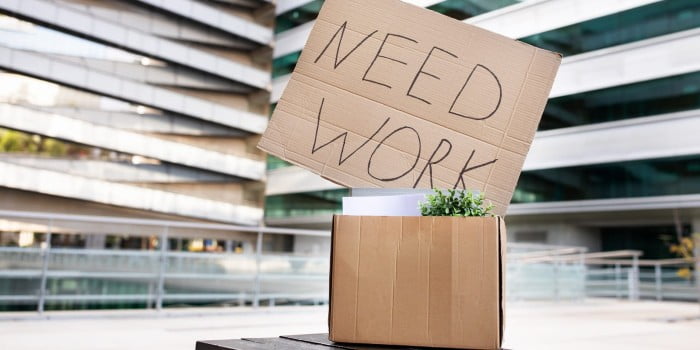So-called green energy plans supply a third of British homes but the great majority of tariffs may not be as green as their customers believe.
Many energy customers on ‘green’ tariffs are unknowingly paying for power from non-renewable sources. A third of British homes are supplied by green energy plans, leading customers to believe their home is powered by environmentally friendly fuel sources. Yet almost nine in ten tariffs that claim to be green use a certification scheme loophole and do not offer energy generated from renewable sources. Only a small number of suppliers buy directly from greener plants.
Energy generators, including solar and wind farms, can apply for Renewable Energy Guarantee of Origin (Rego) certificates, issued by the Government, and sell them on to household suppliers, which are not required to buy any of the actual power created.
Certificates which can be bought for as little as £1 allow suppliers to market their tariffs as green, while being able to buy eletricity from non-renewable generators such as coal or gas-fired power stations. In extreme cases, tariffs branding themselves as green could be obtaining as little as 3.7pc of their energy from genuinely green sources.
Energy market in ‘dire’ need of reform
Uswitch, the comparison service which has launched a new accreditation tool assessed by an independent panel of experts, has found that 85pc of the 115 ‘green’ tariffs analysed were Rego-backed rather than sourced directly from renewable means. This includes tariffs from popular providers such as British Gas, E.On, Ovo Energy and Pure Planet.
Richard Neudegg of Uswitch thinks green tariffs are increasingly in demand from those who want to do their bit for the environment, but it’s evident there’s a huge gulf between the perception among consumers and the reality of what constitutes these deals.
Seventeen tariffs were found to offer 100pc of their electricity directly sourced from renewable generators. These included British Gas’s Green Future tariff and seven plans from Good Energy, as well as tariffs from EDF and Scottish Power.
Nigel Pocklington of Good Energy believes the energy market is in dire need of reform. He says millions of consumers are being misled by tariffs that do little to support green power or tackle climate change. But Dale Vince OBE, founder of Ecotricity, rejected Uswitch’s findings, saying they’re a dog’s dinner from a company that only recommends suppliers who pay for the privilege. They have no independent status in the energy market and no understanding of green energy, he added.
Energy suppliers respond to criticism
A spokesman for Bulb said not only are its fuels 100pc renewable but it had recently signed around 30 new power purchase agreements. The spokesman mentioned the firm also buys electricity from the wholesale market, matched by Regos from renewable generators in the UK.
An E.On spokesman said the firm moved all its customers to 100pc renewables-backed electricity tariffs as standard at no extra cost two years ago.
Peter Simon of British Gas said they were ‘delighted’ to have their Green Futures tariff acclaimed as being one of the greenest on the market. Over the last two years they have provided 100pc zero-carbon electricity to all UK customers as standard, and as the largest retailer of such fuel, they will continue to do so.
Andrew Ward of Scottish Power said it generated only renewable electricity in the UK and welcomed ‘anything that brings transparency to the market’.
A spokesman for EDF said their Go Electric tariff is 100pc renewable and is backed by electricity that the company purchases directly from EDF-owned renewable generators, by means of power purchase agreements.






